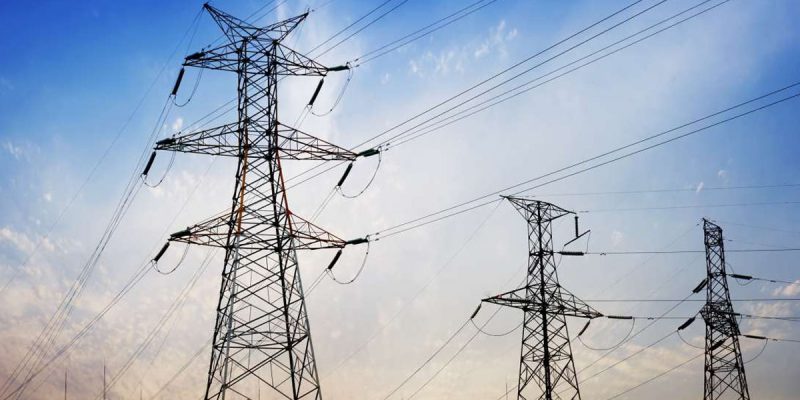Louisiana has a chance to correct a mistake it made two decades that could rein in electric price increases.
Last month, the state’s Public Service Commission voted to study the impact of forthcoming rate increases. These appear guaranteed as the generating infrastructure of investor-owned utilities, specifically the state’s largest supplier Entergy, has aged, necessitating large-scale replacement. Legally, utilities may pass these costs over time to consumers, from residential to industrial.
A consortium of two dozen large industrial users, which altogether use a substantial amount of the state’s power, maintain that the conversion would increase rates by 50 percent. They have argued they should have the choice to leave the monopoly system historically favored by the PSC, which locks in a provider to a customer. Entergy in 2018 provided 79 percent of all power for industrial use.
Although much debate revolves around just what states have deregulated, how extensively, and whether one or both of electricity and/or gas, it’s generally agreed that about a third including the District of Columbia have done at least some. But in 1999 the LPSC specifically rejected that approach on the basis that rates too likely would go higher. Then and now, thanks to Louisiana’s abundant energy sources that became supplemented through the shale boom of a dozen year’s past, consumers enjoy the lowest rates in the country
However, those prices have risen 33 percent in that interval. Industrial customers, who enjoy the lowest average rate, have seen theirs over that span escalating 26 percent, faring better than residential users who saw their rates climb 35 percent. Of course, price inflation nationwide increased 53 percent in that period, while nationally electricity rates rose 61 percent.
The presumed Entergy hike would negate this advantage and then some. Hence the request from industrial users for deregulation, and the PSC’s decision to launch research into enlarging the use of electricity made from renewable sources, expanding programs to help pay for making homes and businesses more energy efficient, and allowing large industrial customers to fend for themselves by seeking better electricity prices on the open market and/or letting the plants and refineries make their own power.
Deregulation has much to commend about it. It began in earnest about a quarter-century ago, and while it hasn’t proven a panacea in all high-cost states, it has helped to keep rates lower. States that deregulated, which typically had higher costs, after changes in federal law made it possibility have seen a lower percentage increase in prices since – 47 percent compared to 64 percent.
Advertisement
This points to the desirability of deregulation, at the very least in the area of electricity, and the sooner the better. If, for example, some large users find they can lower costs by going into the marketplace, that could relax demand on Entergy and mean that it doesn’t have to replace as much capacity. In turn, this would lower future rates for all consumers.
The longer the state waits on this, the less time remains for Entergy to make capacity-replacement decisions and for the PSC to act upon these. Note how lack of deregulated markets already locked Entergy’s New Orleans subsidiary into committing to a new gas-powered generator of a certain capacity that created controversy.
To encourage this process, voters need to make deregulation a litmus test for the two PSC incumbents expected to grace their ballots this fall, Republican Eric Skrmetta and Democrat Foster Campbell. While Skrmetta has shown an openness to move the state away from heavy-handed regulation, Campbell has a long history in elected office of reluctance to loosen the state’s control over private sector activity.
Louisiana is on notice: deregulate energy provision or see its comparative advantage in electricity rates evaporate. Not only would that hurt residential consumers, but also it would discourage industrial users from locating or expanding in state. That won’t do for a state that has fallen further behind its brethren in economic well-being over the past four years.
Advertisement
Advertisement

